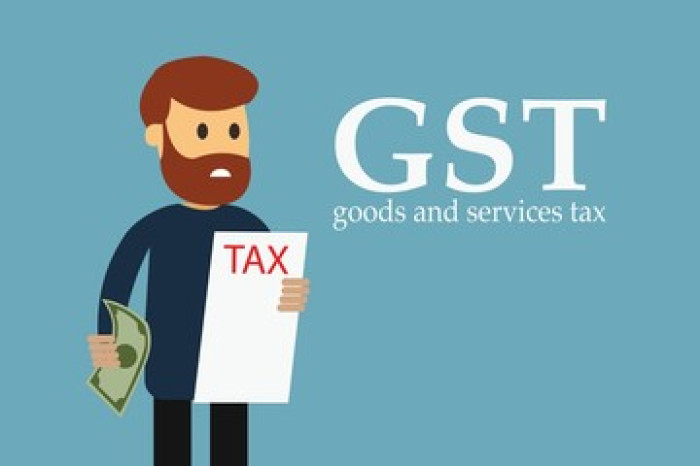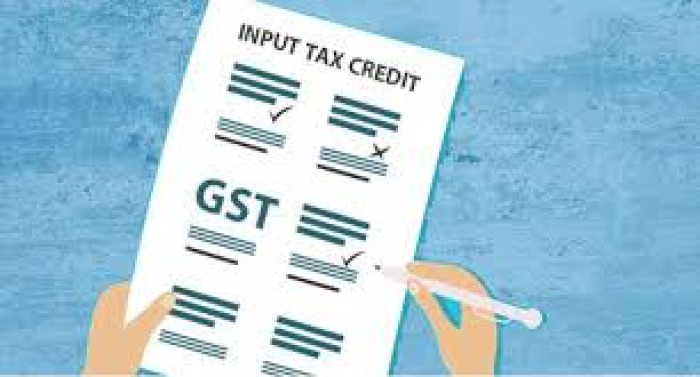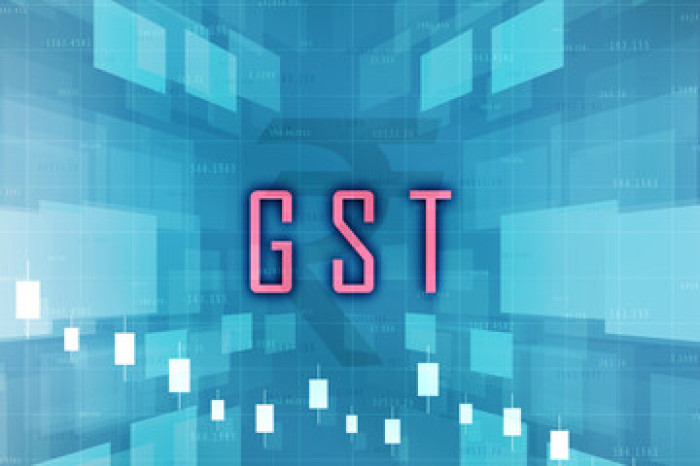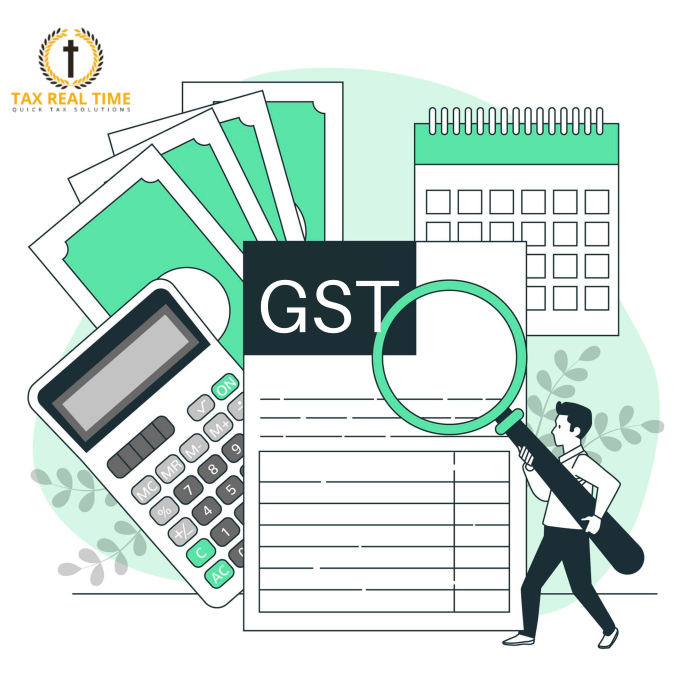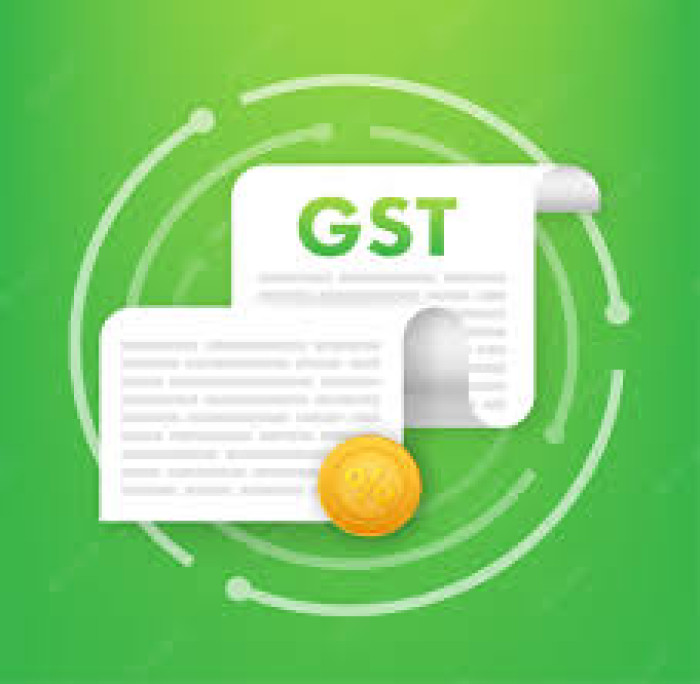GST - Bombay High Court: Proceedings solely based on omitted Rules 89(4B) & 96(10) stand lapsed; refund claims restored for reconsideration [order attached]


In a significant decision, the Bombay High Court addressed the legal implications of the omission of certain rules under the Central Goods and Services Tax (CGST) Rules, 2017. The case involved multiple petitioners, including Hikal Ltd. and Yasho Industries Ltd., who contested show-cause notices and orders based solely on their alleged non-compliance with Rule 89(4B) and Rule 96(10). These rules were omitted by a notification in October 2024 without any explicit savings clause, leading to questions about the validity of ongoing proceedings founded on them.
The petitioners argued that the omission of these rules meant that any proceedings or orders based entirely on them should automatically lapse. The Union of India countered this by invoking Section 6 of the General Clauses Act, which typically preserves proceedings despite the repeal of statutory provisions. However, they could not effectively counter the fact that the cases in question relied solely on the omitted rules.
The Court ruled that in the absence of a savings clause, the omission of Rules 89(4B) and 96(10) resulted in the lapse of any pending proceedings based solely on these rules. Consequently, all related show-cause notices and orders were quashed. The Court ordered that refund claims affected by these proceedings be reconsidered within four months, ensuring that the assessees receive due process. This decision underscores the importance of clear legislative drafting, particularly the inclusion of savings clauses when omitting legal provisions.
Your free trial / membership plan is expired.
Kindly subscribe to get complete access to indirect tax updates and issue wise cases
Why subscribe to us ?
Get complete access to news updates and download copy of case laws/ notification/ circular etc.
Be a part of our WhatsApp group and read real time indirect tax updates
Access to ready case laws of General Issues and Industry Wide Issues under GST
Access to relevant provisions of law / circular in respect to the issues, along with trail of their amendments
Write your GST query to us for evaluation
Subscription Charges:*
Indirect tax updates -
6 months @299 / 1 Year @499 only
Indirect tax updates + Issue wise cases -
6 months @1199 / 1 Year @1999 only
*Plus applicable GST
Admin
16-Sep-2025 08:22:15
In a significant decision, the Bombay High Court addressed the legal implications of the omission of certain rules under the Central Goods and Services Tax (CGST) Rules, 2017. The case involved multiple petitioners, including Hikal Ltd. and Yasho Industries Ltd., who contested show-cause notices and orders based solely on their alleged non-compliance with Rule 89(4B) and Rule 96(10). These rules were omitted by a notification in October 2024 without any explicit savings clause, leading to questions about the validity of ongoing proceedings founded on them.
The petitioners argued that the omission of these rules meant that any proceedings or orders based entirely on them should automatically lapse. The Union of India countered this by invoking Section 6 of the General Clauses Act, which typically preserves proceedings despite the repeal of statutory provisions. However, they could not effectively counter the fact that the cases in question relied solely on the omitted rules.
The Court ruled that in the absence of a savings clause, the omission of Rules 89(4B) and 96(10) resulted in the lapse of any pending proceedings based solely on these rules. Consequently, all related show-cause notices and orders were quashed. The Court ordered that refund claims affected by these proceedings be reconsidered within four months, ensuring that the assessees receive due process. This decision underscores the importance of clear legislative drafting, particularly the inclusion of savings clauses when omitting legal provisions.
Order date: 11 Sept 2025
Parties: Hikal Limited v. Union of India & Ors.
Facts -
- Multiple petitioners, including Hikal Ltd. and Yasho Industries Ltd., challenged SCNs and orders based exclusively on alleged non-compliance with Rule 89(4B) and Rule 96(10) of the CGST Rules, 2017. The Petitioner has pleaded that it operates through two manufacturing units: -
- Taloja (EOU): imports duty-free raw materials, exports ~90% of goods.
- Mahad (DTA): procures under Advance Authorisation/IGST exemption.
- Petitioner claimed IGST refunds on exports, which were duly sanctioned earlier
- Both Rules were omitted by Notification dated 08.10.2024 (Second Amendment Rules, 2024), with no express savings clause.
- Petitioners contended that proceedings still pending or orders under challenge, founded solely on these Rules, automatically lapsed upon omission.
- The Union argued that Section 6 of the General Clauses Act preserved such proceedings, but could not dispute that most cases in the batch were predicated only on the omitted provisions.
Issue -
- Whether, in absence of a savings clause, pending proceedings and orders based solely on non-compliance with Rules 89(4B) and 96(10) of the CGST Rules survive the omission of those Rules?
Order -
- The Court held that Omission/repeal without savings clause makes pending proceedings unsustainable, unless they qualify as “transactions past and closed. Omission of Rules 89(4B) and 96(10) without a savings clause meant that pending proceedings not past and closed lapsed, as Section 6 of the General Clauses Act does not extend to such omissions.
- It quashed all show-cause notices and original orders in the batch that were founded exclusively on the omitted Rules, holding that these could not be legally sustained.
- Refund applications affected by such proceedings were directed to be restored and decided afresh within four months, after granting assessees proper hearing.
- The Court emphasized that omission without explicit saving provisions removes the very foundation of such proceedings, serving as a caution for future legislative drafting.
Related Post
Post Category
Your free trial/ membership plan has expired. Kindly subscribe to get complete access of tax news updates.

Why subscribe to us ?
Get complete access to news updates
Access to the Order Copy of the case law/ Notification/ Circular etc
Be a part of our Whatsapp group and read real time tax updates
Access to ready case laws/ circulars on general and industry-wide issues under GST
Submit your GST issues to us for evaluation





